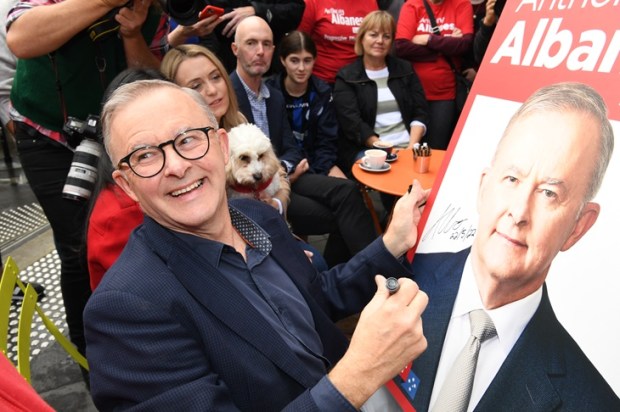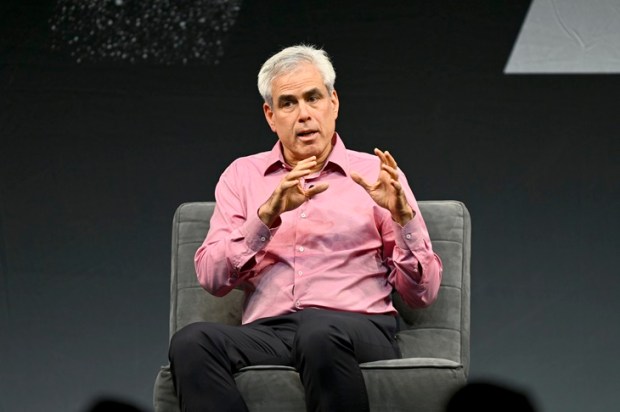Have you noticed how our language has shifted to ‘untruths’, ‘misinformation’, or the more nefarious accusation of ‘disinformation’? Apparently, misinformation is accidentally not telling the truth while disinformation is telling a lie to deceive others. Either way, these words have pushed the more honest terms of ‘truth’ and ‘lies’ out of language.
Part of this shift involves the assumption that if you can sprout a fact in the face of a verbal challenge, you are telling the truth overall. This is nonsense, which is why the classic standard for telling the truth in courtrooms is, to quote a classic, ‘The whole truth, and nothing but the truth.’ A decontextualised bit of information, even if factual, can hide a wider truth.
Why do our leaders avoid debating contextualised information when we want clarity? ‘Truth’ in this context refers to the person in front of us is describing reality more clearly than the alternative offerings.
I cannot remember the last time I saw this kind of interaction between two political leaders. Usually one, or both, repeat a pre-prepared mantra while trying to sound convincing. Their lines come across as B-grade advertising spins. They inevitably believe such infantilisation of their audience is what is needed to win them over. Mid-way, through or at the end, you will see the inevitable ‘winning smile of confidence’ that is a thinly disguised smirk of superiority. It is beyond wearisome.
The affair between former US President Bill Clinton and Monica Lewinsky can be seen as a turning point in American society when it comes to the pattern of ‘spin and run’. According to social commentator Os Guinness, we are headed toward a greater postmodern (relativistic) influence in our representation of truth.
Guinness goes on to describe the ‘seven habits of postmodern lying’. I have seen each one of these out in the wilderness of Australian politics. Here are some examples based loosely on Guinness’ big seven:
Mind over matter: If all truth is created, and not discovered, then the leadership prize becomes ‘the triumph of the intellect over reality’. The decontextualised lines that feed the climate alarmism debate, and the thorough disdain of accepting the reality of declining economic productivity, are classic examples of this. The claim repeated by green-energy politicians that the sun and wind ‘don’t send us bills’ is an outrageous pseudo-intellectual snobbery driven by decontextualized bits of information.
Fragmentation: If truth is created contextually, then we can fragment aspects of reality in our lives. The practitioners of this art-form call this being ‘sincere’, because at any one moment, they are. They can sincerely believe that denying the physical reality of sex helps young children. But that creates a reality split of mind and body, with both being put at risk.
People pleasing: Pleasing the people who are in front of you at any point of time is another dynamic that can feed this form of lying. As was said of President Clinton, ‘He is whom he speaks to last.’ The can be seen in the simplistic and woefully naïve approach to social media being banned for under 16s. A careful look at the research by Jonathan Haidt unpacks that; (a) the internet per se is not ‘social media’ (and a recent Oxford study found this use to be mostly favourable); (b) the social-emotional harm from social media platforms is mostly on young teen girls (and while the increases in percentages of self-harm are dramatically reported, it is still a large minority of the young); (c) the social withdrawal of boys is focused around pornography (which is not covered in the legislative intervention); and (d) that the best response to prevent this problem is to, ‘…fill the hole in their hearts with something elevated or transcendent. If not, society will fill it with garbage.’ (Haidt, The Anxious Generation). But, if one is after a quick-fix people-pleasing strategy, a blanket ban does quite nicely.
‘Impression management’: For me, the classic example of late was the Prime Minister’s bizarre so-called big moment speech in South Australia, with all the emotivism in his voice of a rally launch amongst thousands in a stadium – but in reality, the speech was in a little school hall with the Labor faithful.
Prevarication: Speaking evasively is not uncommon. However, some leaders make it an art form. You can tell when this happens, because our better cartoonists create excellent caricatures in their drawings. The dancing around the whole full cost of energy supply issue by the respective minister is another stand-out example. The reasons for avoiding a royal commission into Covid, or a review into the treatment of children who say they desire transitioning, also produce lots of lines that simply dance around the whole context and exploration of what is real.
Power Lines: Speaking from pre-determined scripts until you tire out the opposing thinking is a common form of power play that Guinness also identifies as a part of the art of lying in a postmodern world. He reports one White House staff summarising it as, ‘Define and create the reality you want…’ and if that takes a ministry of truth to word-salad the issue, then so be it!
Story trumps propositional truth: ‘I grew up in a housing commission flat…’ is one of the recent examples of local politics becoming personal politics. The ugliest form of story for political gain is creating nasty narratives about your opponents. We can see that increasing the closer we move to an election.
Are we surrounded by clever politicians, or just downright liars peddling their wares by using well-tested postmodern tropes? I suggest that at least, we are experiencing the era of deception, because there is an irrational fear of truth. When one believes their personal reality is ultimate, then one does not have to worry about having a conscience. To pause and test our conscience would admit there is a higher order of ethical life beyond our personal experience. No, in this overly post-modern application of morality, all that matters is whether you are successfully drawing others into your world.
Does that sound like pigs dining out with the enemies, as in Animal Farm? Let’s see who is squeaking, and who is speaking, in this next election.

























